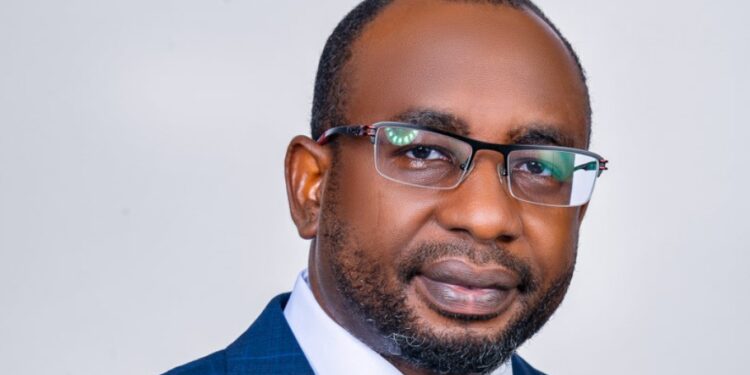
The National Information Technology Development Agency (NITDA) is spearheading efforts to harmonize data across various government institutions in Nigeria. This move aims to strengthen the country’s digital identity framework and improve national planning through more efficient and reliable data usage.
Kashifu Inuwa, Director-General of NITDA, emphasized the need for unified data systems during a stakeholder meeting in Abuja. He explained that Nigeria currently faces challenges due to fragmented and inconsistent data across ministries, departments, and agencies (MDAs), which hampers effective decision-making, service delivery, and long-term development planning.
Data harmonization, according to Inuwa, is essential to creating a single source of truth for citizens’ information. This will support the implementation of Nigeria’s Digital Public Infrastructure (DPI) and Digital Identity for Development (ID4D) programs, both key pillars in the country’s digital transformation agenda. By integrating disparate data sources—such as those from the National Identity Management Commission (NIMC), Federal Road Safety Corps (FRSC), and Nigerian Immigration Service (NIS)—the government can reduce redundancies, improve policy coordination, and deliver services more efficiently.
NITDA is working with the Nigeria Data Protection Commission (NDPC) and other relevant agencies to ensure that the harmonization process upholds privacy and data protection standards. The initiative aligns with the Nigeria Digital Economy Policy and Strategy (NDEPS) and supports national efforts to digitize governance and promote transparency.
Stakeholders at the meeting, including representatives from MDAs, emphasized the importance of inter-agency collaboration, strong political will, and technical capacity building. They called for a legal framework to mandate compliance and facilitate secure data sharing across platforms.
NITDA’s push for data harmonization is a strategic move to enhance Nigeria’s digital identity ecosystem and national planning capabilities. By building a more integrated data infrastructure, the country can improve governance, reduce waste, and create more citizen-centric digital services.
Leave a Reply